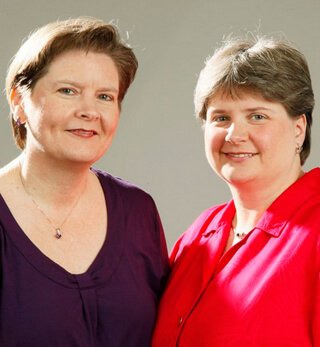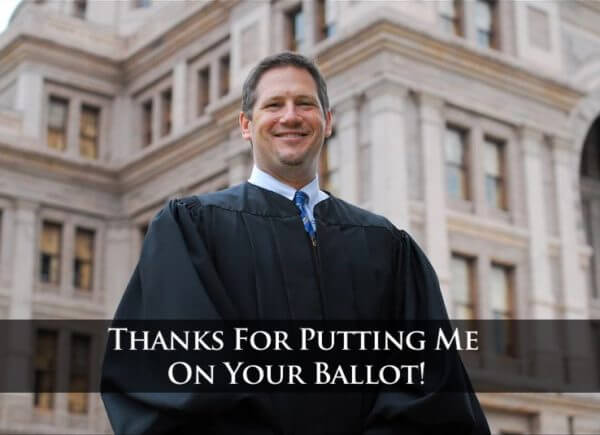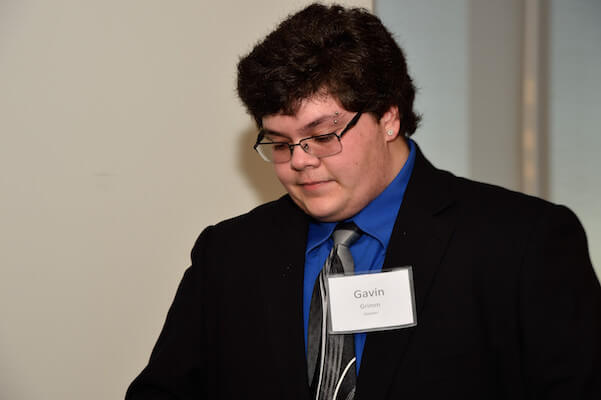Oklahoma marriage plaintiffs Mary Bishop and Sharon Baldwin. | FREEDOM TO MARRY
BY ARTHUR S. LEONARD | Yet another federal district judge has declared that a state constitutional amendment banning same-sex marriages is an unconstitutional infringement of rights guaranteed by the US Constitution’s 14th Amendment.
On January 14, Senior District Judge Terence C. Kern, who has been dealing with the case of Bishop v. United States since 2004, held that the amendment adopted by an overwhelming vote of Oklahoma citizens denies same-sex couples their equal protection rights even when subjected to the most lenient standard of judicial review. The State of Oklahoma, Kern found, provided no “rational” justification for the ban.
Kern, unlike US District Judge Robert J. Shelby in his Utah marriage equality decision last month, stayed his ruling pending Oklahoma’s appeal, which the state will undoubtedly pursue.
Like Utah, Oklahoma is within the 10th federal appellate circuit, which is already considering an appeal of the December 20 ruling out of Salt Lake City. The Utah case is on an expedited schedule, so it seems unlikely that Oklahoma would meet such a fast-track schedule unless the 10th Circuit orders it to do so. Handling both cases in one appellate proceeding, however, would make good sense, so perhaps if Oklahoma officials decide to move quickly, this case could be consolidated with the Utah appeal. If the 10th Circuit were to uphold both rulings, that would make US Supreme Court review, already likely with just one case, that much more of a lock.
The Oklahoma case, brought by two lesbian couples –– Mary Bishop and Sharon Baldwin, and Susan Barton and Gay Phillips –– took aim at both the 2004 state constitutional amendment and the federal Defense of Marriage Act. In more than nine years of litigation, the case took a few procedural twists and turns, including the decision by Barton and Phillips to marry in Canada and, later, in 2008, in California.
With a portion of DOMA struck down last June, Kern held that Barton and Phillips lacked standing to challenge DOMA’s surviving provision authorizing Oklahoma to ban recognition of out-of-state marriage since it didn’t compel the state to do so. And, regarding the couple’s challenge to the state constitutional amendment’s prohibition on recognition of their marriage, Kern found, the women failed to show they had sought such recognition by Oklahoma and been denied it specifically by the defendant, the Tulsa county clerk. Barton and Phillips are now effectively out of the case.
For reasons not spelled out in Kern’s opinion, while challenging the 2004 state constitutional amendment, the plaintiffs did not also do so regarding Oklahoma’s statutory ban on same-sex marriage. The judge, however, noted that the same analysis would apply to the state law question.
Kern first dealt with the threshold question in any federal marriage litigation –– whether a 1972 Supreme Court refusal to hear an appeal of a Minnesota Supreme Court ruling rejecting marriage equality claims, the US high court citing the lack of a “substantial federal question,” is still binding on federal courts. Like Judge Shelby in the Utah case, Kern concluded that subsequent Supreme Court rulings on issues including sodomy and DOMA rendered that precedent moot.
Looking to last summer’s DOMA ruling, Kern concluded that the decision did not decisively tip the balance toward either party. On one hand, Justice Anthony Kennedy’s opinion recognized that the regulation of marriage has historically been a state, not a federal, function. At the same time, the DOMA ruling supports the plaintiffs because “much of the majority’s reasoning regarding the ‘purpose and effect’ of DOMA can be readily applied to the purpose and effect of similar or identical state-law marriage definitions,” Kern wrote. The DOMA majority, he noted, “based its conclusion on the law’s blatant improper purpose and animus” toward gay and lesbian people.
Kern acknowledged that courts must approach a state’s marriage laws “with more caution than the Supreme Court approached DOMA,” a federal enactment. But, when courts are reviewing marriage regulations, they “must be wary of whether ‘defending’ traditional marriage is a guise for impermissible discrimination against same-sex couples,” Kern found.
Charting a narrower doctrinal analysis that did Judge Shelby in Utah, Kern did not accept the argument that the case involved the fundamental right to marry under the Constitution’s Due Process Clause. As a result, the court made no presumption that the Oklahoma amendment was unconstitutional, a perspective that would have required the state to provide a compelling argument for why it was justified. Instead, Oklahoma merely needed to present any rational justification for it.
The judge’s conclusion, however, was that the legislators who proposed the amendment –– and presumably the voters who approved it –– were motivated by moral disapproval of homosexuality, a constitutional ground found impermissible by the Supreme Court in 1996, when it struck down an anti-gay voter amendment in Colorado.
Kern was faced by the same arguments from Oklahoma that have been raised in other states –– promoting responsible procreation by heterosexual couples by motivating them to marry and providing an ideal setting for child rearing. The judge rejected them as having no merit in justifying the exclusion of same-sex couples from marriage.
“There is no rational link between excluding same-sex couples from marriage and the goals of encouraging ‘responsible procreation’ among the ‘naturally procreative’ and/ or steering the ‘naturally procreative’ toward marriage,” he wrote. “Civil marriage in Oklahoma does not have any procreative prerequisites.”
In fact, he noted, despite it gay marriage ban, Oklahoma has one of the highest divorce rates in the country. (He could have added Massachusetts has one of the lowest.)
Kern also pointed out that 2010 census data found that “there were 1,280 same-sex ‘households’ in Oklahoma who reported as having ‘their own children under 18 years of ago residing in their household.'” A ban on marriage by such couples, he wrote, actually hinders the public policy goals of ensuring that children are raised by married parents.
Regarding Oklahoma’s argument that married different-sex parents create the “ideal environment” for raising children, Kern found that the marriage ban didn’t further the aim of encouraging that either. The state, he wrote, “has not articulated, and the Court cannot discern, a single way that excluding same-sex couples from marriage will ‘promote’ this ‘ideal’ child-rearing environment. Exclusion from marriage does not make it more likely that a same-sex couple desiring children, or already raising children together, will change course and marry an opposite-sex partner (thereby providing the ‘ideal’ child-rearing environment). It is more likely that any potential or existing child will be raised by the same-sex couple without any state-provided marital benefits.” Then quoting from last year’s DOMA ruling, he added, those children would be deprived of the ability to “understand the integrity and closeness of their own family and its concord with other families in their community.”
Oklahoma’s constitutional ban on marriage by same-sex couples, Kern concluded, is simply “an arbitrary, irrational exclusion of just one class of Oklahoma citizens from a governmental benefit… without a legally sufficient justification.”
Given the stay he issued, Kern’s ruling does not mean that gay marriages will take place in Oklahoma immediately, but it does provide another nail in the coffin of state prohibitions. His ruling is a more modest one than that issued last month by Shelby or the 2010 ruling from Judge Vaughn Walker in the Proposition 8 litigation. As a result, it might be a more sustainable ruling on appeal since the Supreme Court tends to prefer moving in smaller rather than large doctrinal steps when addressing politically controversial issues.




































